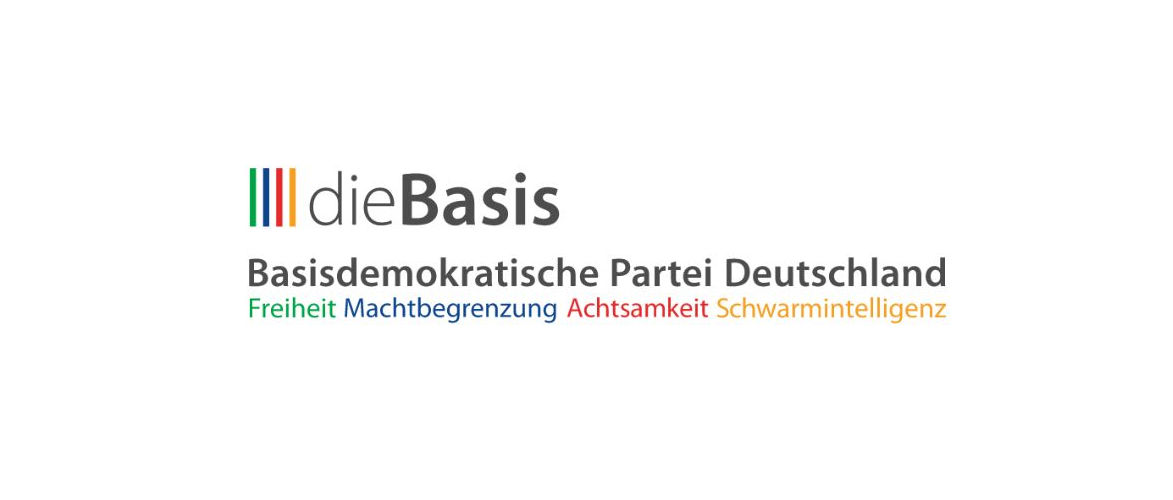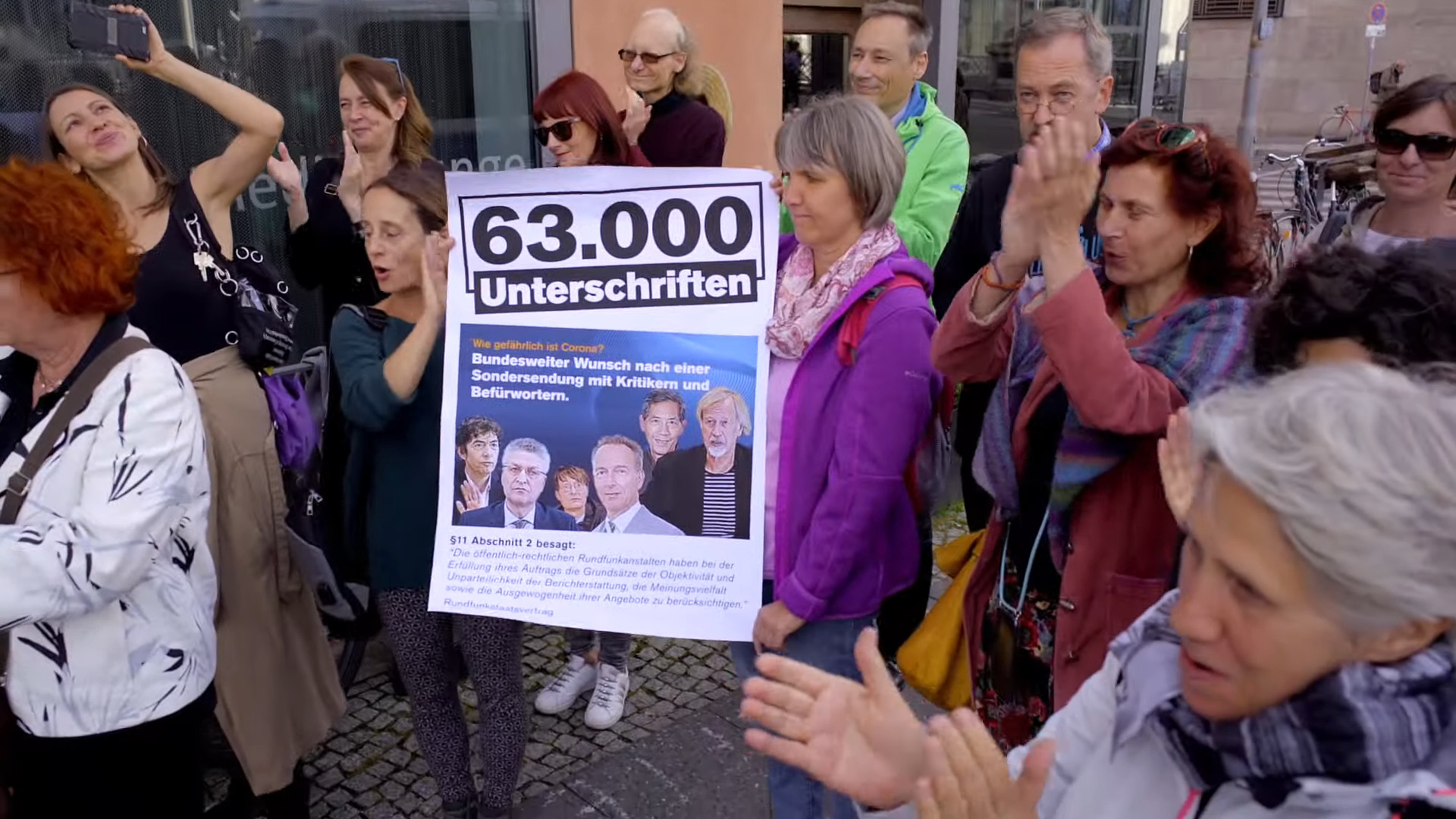A commentary by Willy Wimmer.
One should not fool oneself. At any rate, this is a consequence of what has been going on around the Middle East for a long time. It is difficult to know where to start when it comes to understanding the conflict or even formulating possible solutions.
It starts with finding thoughtful words about the possibilities that might be associated with the name of the current Israeli prime minister. Whoever undertakes these efforts will be cornered in Europe by those who have not only the best connections to the declared opponents of the Israeli prime minister. A glance at the influential non-governmental organizations provides ample evidence of the control elements for influencing politics in the states of the European Union.
A look at the influential non-governmental organizations provides sufficient clarity as to the control elements for influencing politics in the states of the European Union. With a single glance, you have them all on your radar, if you only mention the names of those who are comfortable with each other: Victor Orban and Benjamin Netanyahu. Then important other names emerge, who of course use all their influence, their ideas about the future development of the world, while leaving the dominance of the nation-states, which has prevailed up to now, unexposed.
This encounters another circumstance in Western Europe that makes the situation extremely dangerous. Those whose party-political power of influence has painfully diminished are resorting to a disastrous measure. They are trying to maintain their grip on power against the electoral vote by using the images of the past. In this way, they try to cope with those who push into the political gap as the respective constitutions actually allow. For a number of years, people have been socially divided in order to conceal the rulers’ turning away from their own constitutions, as can be seen in the wars that violate international law as well as in what a former federal minister has repeatedly called a “continuing breach of the constitution” in connection with the failure to protect national borders.
One rubs one’s hands when terrible reproaches are voiced at the address of political competitors. In the former political center, one finds nothing wrong with other political forces attempting to drive each other up the wall. The political intellect should have taught the political center to lead the fight for the fundamental values of one’ s own state. The dilemma is and has been to trample on its own constitution on key issues for alliance and other reasons.
The resulting irrelevance was felt by the German government in the same way as it is felt by other Western European governments and the EU in Brussels. There is an established international mechanism for when things get out of hand in the Middle East once again. Years ago, the international community created the “Quartet on the Middle East” to act as a fire department.
In addition to the permanent members of the UN Security Council, the United States and Russia, these are the United Nations and the European Union. It was striking that no German political representative could think of appealing to his own institution in Brussels to show commitment to settling the fire in the Middle East. It was pretended that Brussels did not exist at all. This is how certificates of incapacity are issued. It is taking its revenge for not having used the time of U.S. President Trump to consolidate its own European options for action. Instead, they whined about Trump. All only to have to realize now that another form of insignificance can be conveyed within weeks by his successor, President Joe Biden. Almost pleadingly, there have been calls from the German foreign policy establishment for Washington to intervene. This opportunity has not been missed in Washington, notwithstanding European and German grumbling.
There is a lot for the EU-Europeans to note. First and foremost, the fact that the much-maligned U.S. President Trump has created something that, in the current extremely crisis-ridden developments up to this point, is displaying an undreamed-of sustainability. The normal intergovernmental relations that various Gulf states and Israel had agreed with each other in recent months are visibly withstanding this stress test of the bloodiest kind.
One can only hope that this remains the case so that options other than war can be implemented. This includes Saudi Arabia and Iran talking to each other, without prejudice to the special ties that both states maintain with other forces in the region. Of course, it is not impossible that events in the Middle East could be directed precisely against these developments. So far, however, success would have been absent if this were the case. Any reasonable person can only hope that this remains the case. Among the things that should be remembered in Brussels, and not only there, is the fact that the American effort in the Middle East is taking place in unusual silence. This prevents possible solutions from being shot down the moment they are leaked to the public. The U.S. is keeping its powder dry, and that alone gives hope, despite all the uncertainty.
In addition, with former President Trump’s intense efforts on behalf of Israel, the Republican minority in the U.S. Congress is unlikely to be able to mount opposition to goal-oriented approaches by the current president. Taking a sober view of the mix in Washington, President Joe Biden would therefore have a broad formation of support on his side, if only because of the groundwork done by President Trump in connecting the Republican Party and those Israel can always count on in the United States. This does not mean that he could or should disregard certain forces within his own party. But that spectrum could become of particular importance. It may be necessary for the U.S. to go all out because one question is becoming more pressing in the Middle East: Who can not only talk to each other but present solutions before China helps set the agenda in this region? A China that excels at maintaining viable relations with all actors on the ground in this region.
All that we are currently experiencing calls for a special opportunity, and this opportunity could arise in a few weeks in Vienna and perhaps also in Moscow. This was not foreseeable when Hamas used intra-Israel disputes to attack a country at peace with a hail of rockets. It must have been clear to everyone in the Hamas leadership that the ultimatum given to withdraw police units was bound to lead to nothing more than an illusion. It would have been no different in any country in the world.
The United Nations Charter states clearly and unambiguously what the consequences of such a raid are, including for the use of the attacked state’s own military capabilities, in the case of Israel. The number of casualties on the ground is rising, but it should give everyone pause for thought that in this defense against rocket attacks, attempts to arrange ceasefires have failed to materialize. Since this development cannot be thought of without global public opinion, a question suggests itself: Who can and will be able to decree the end of bloodshed?
It is as if the idea of a summit meeting between Presidents Putin and Biden was put into the world precisely for the case of such a confrontation with the chance of world conflagration. Already at the time of U.S. President Trump, it was obvious how the possibilities for talks would have been virtually offered if President Trump had been allowed to act according to his campaign announcements in the United States.
No one questioned, however, that between these three personalities at least the communication pattern would have matched. President Putin and Prime Minister Netanyahu can do it with each other – and have for a long time. President Trump could do it with President Putin, as the meeting of the two presidents in Helsinki showed, when President Putin addressed by name what he saw as an obstacle to the two sides’ ability to talk. For Vienna, President Joe Biden has so many domestic assets in his hands that even recent interview remarks should not be an obstacle to a fruitful meeting with President Putin.
The mere possibility of a meeting in Vienna gives hope. Especially when one sees that developments in the Middle East seem to be aligned with the Vienna meeting. Anything else means speculating on war, a war that would sooner or later leave the Middle East region behind.
+++
Thanks to the author for the right to publish the article.
+++
Image source: SKahraman / shutterstock
+++
KenFM strives to present a broad spectrum of opinions. Opinion articles and guest posts need not reflect the views of the editorial team.
+++
KenFM now available as a free app for Android and iOS devices! You can get to the Apple and Google stores via our homepage. Here is the link: https://kenfm.de/kenfm-app/
+++
Subscribe to the KenFM newsletter now: https://kenfm.de/newsletter/
+++
You like our program? Information on other ways to support us here: https://kenfm.de/support/kenfm-unterstuetzen/
+++
Now you can also support us with Bitcoins.

Bitcoin-Account: https://commerce.coinbase.com/checkout/1edba334-ba63-4a88-bfc3-d6a3071efcc8










Kommentare (0)